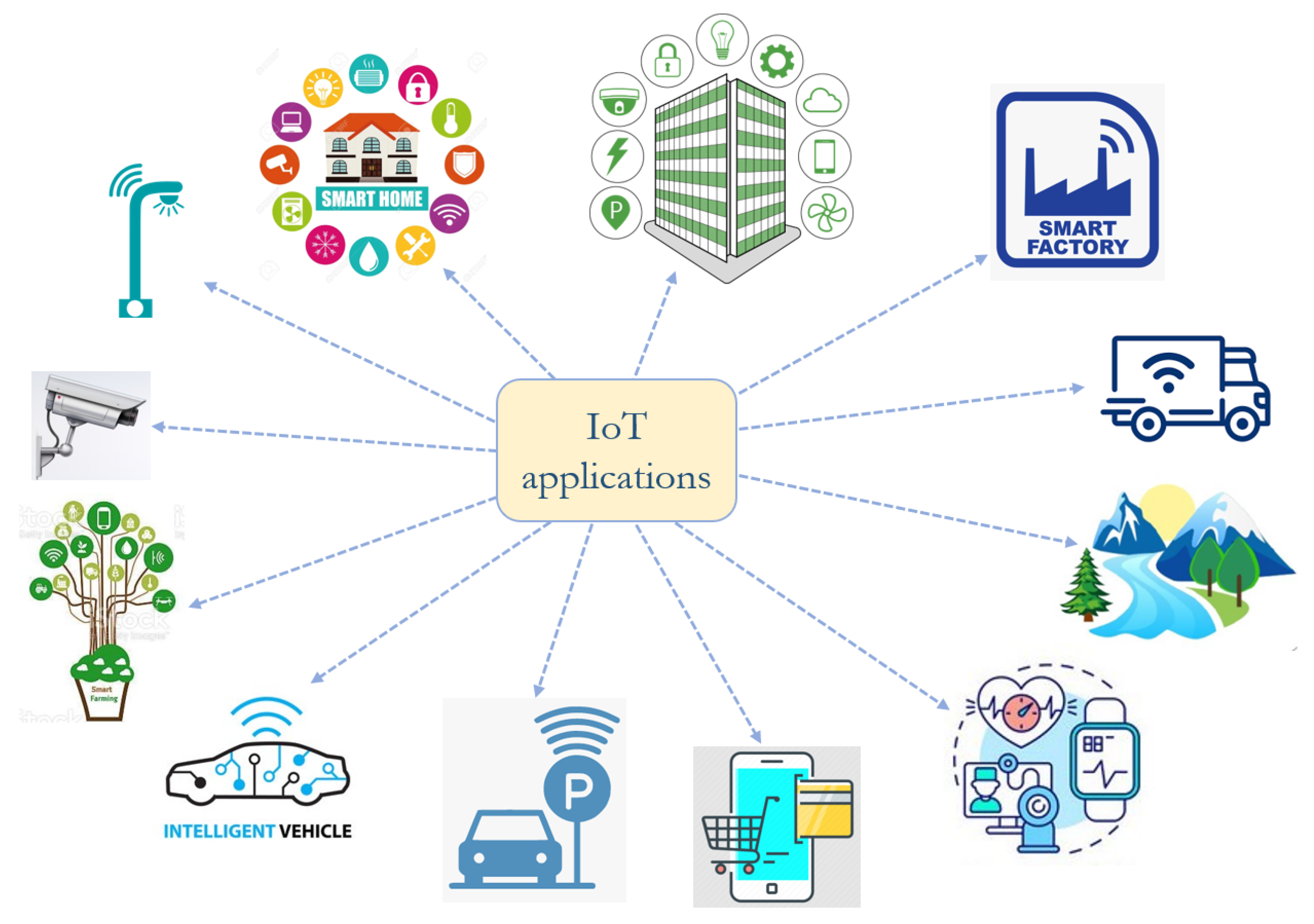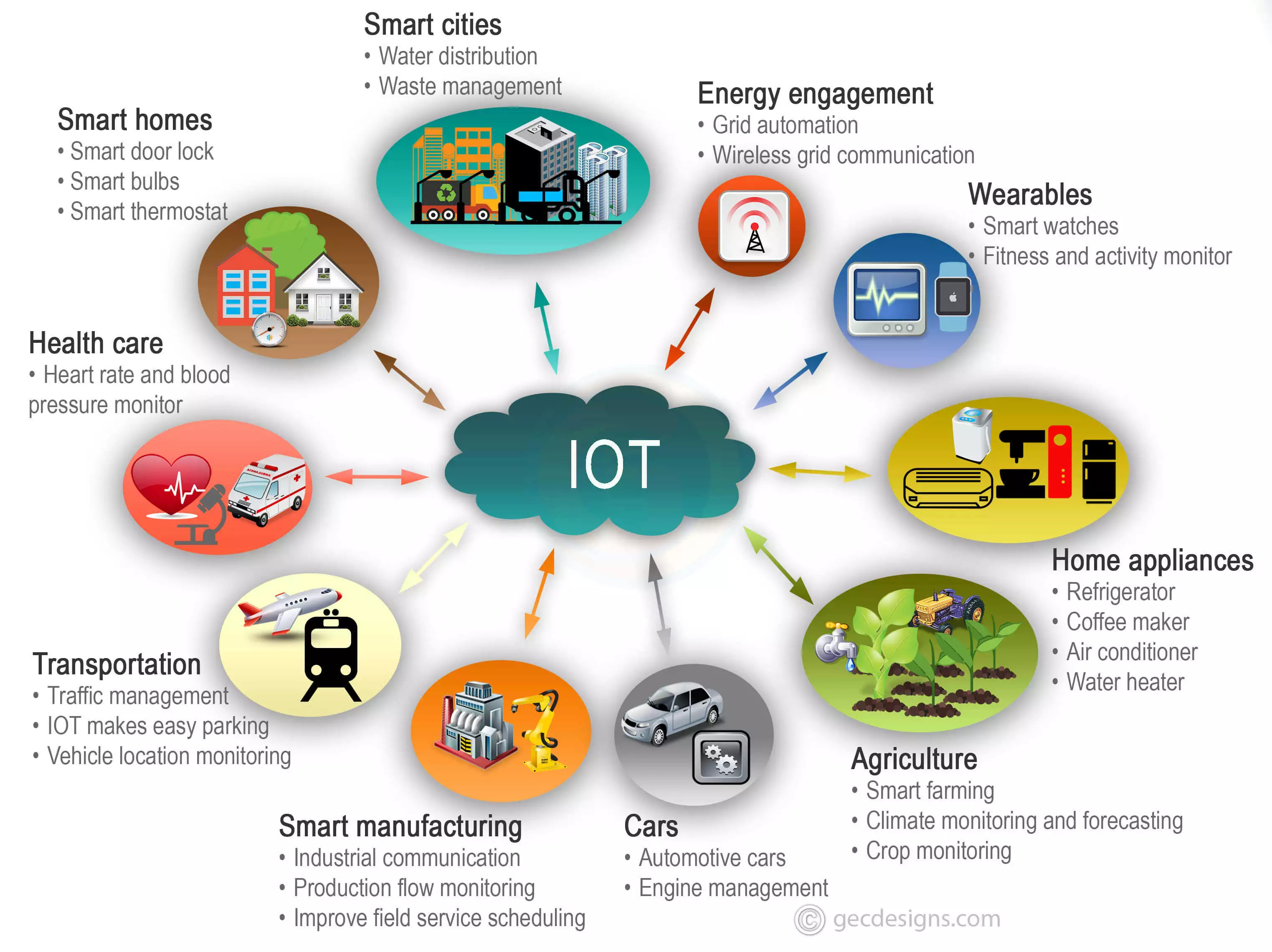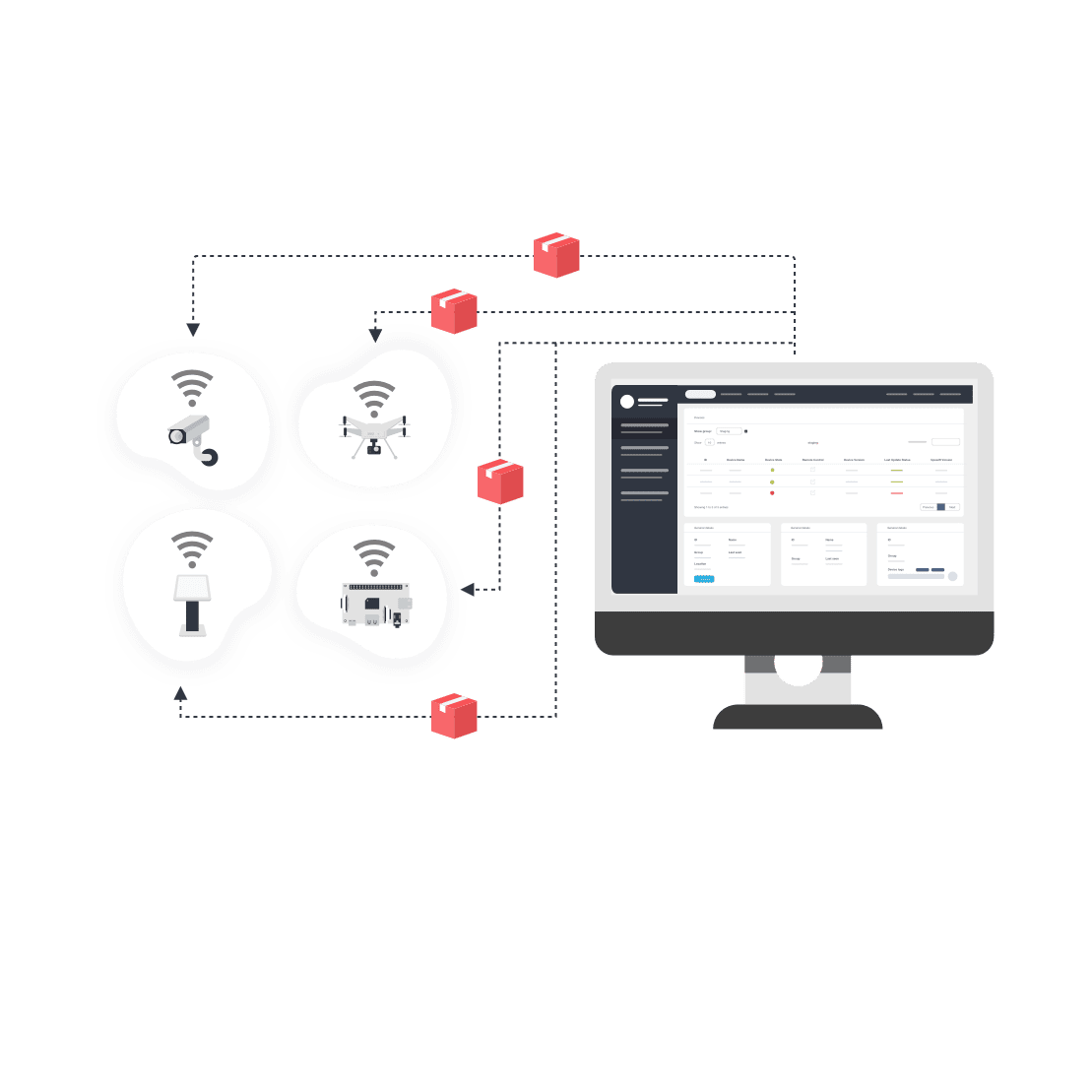IoT Device Management: Your Ultimate Guide & Platform Picks
Are you prepared to navigate the complex world of interconnected devices? The efficient management of Internet of Things (IoT) devices is no longer a luxury but a necessity in today's increasingly digital landscape.
An IoT device management platform serves as a central hub, providing a suite of tools and services meticulously designed to organize, monitor, and remotely control a diverse array of IoT devices operating within a network. These platforms are the backbone of any successful IoT deployment, providing the essential infrastructure needed to manage and scale your connected devices.
From the humble smart thermostat in your home to the sophisticated machinery on a factory floor, these platforms offer the ability to connect and manage a vast spectrum of smart devices. However, this power necessitates robust security measures. Access control, data encryption, and regular security audits are vital components of any reliable IoT device management platform.
A comprehensive IoT device management platform should provide several key features. These include secure, remote access via an intuitive dashboard, enabling automation capabilities, sophisticated security management tools, the capacity for mass firmware updates, and the critical provision of 24/7 notifications for security breaches and other specified conditions. The platform's ability to handle mass firmware updates over the air (OTA) is particularly crucial, enabling seamless updates and security patches for the entire device fleet, ensuring they remain protected against evolving threats and optimized for performance.
Let's take a look at a table about the advantages of implementing such system in real world:
| Feature | Benefit |
|---|---|
| Remote Monitoring | Real-time insights into device status and performance, enabling proactive issue resolution. |
| Automated Firmware Updates | Simplified updates and security patches deployment, ensuring devices remain up-to-date and secure. |
| Security Management | Robust security protocols for device authentication and data encryption to safeguard against breaches. |
| Remote Control | Allows users to remotely manage devices from a dashboard. |
| Scalability | The ability to easily manage a growing number of devices, accommodating expansion. |
| Data Analysis | The ability to Collect, process, and visualise data, to gain new insight for you and your customers. |
The decision to implement an IoT device management platform has far-reaching implications, influencing related products and services. Take, for example, Bosch's IoT rollouts and Bosch IoT Remote Manager. The efficacy of these products is intrinsically linked to the strength and features of the underlying management platform. These systems are tailored to collect and analyze data using the Bosch IoT ecosystem, and the ability to remotely manage, monitor, and update devices is paramount to their successful operation.
Bosch IoT Suite, for instance, focuses on two primary services: IoT data management & analytics. The platform manages the collection, processing, and analysis of data using the comprehensive Bosch IoT tools, providing valuable insights into device performance and operational efficiency. These insights provide information and help in decision-making. The use of dashboards to present the data and also provide valuable information for user and customers.
| Bosch IoT Suite - Key Services | |
|---|---|
| IoT Data Management & Analytics | Collects, processes, manages, and analyzes data generated by IoT devices. |
| Remote Device Management | Enables secure remote access, automation, security management, and mass firmware updates. |
Removing remote device management is a deliberate process. It typically requires un-enrolling the device from the management system, which can be achieved through the device settings or the management software itself. Crucially, this process always necessitates the provision of access credentials. The administrator or authorized user must supply a password or other form of authentication to be authorized to remove the device, thereby ensuring security.
The market is teeming with IoT platforms, and the best can provide services. Selecting a platform is an important step.
The landscape of IoT platforms is dynamic, and many options are vying for dominance. Free IoT platforms, such as ThingsBoard, are attracting significant attention, offering valuable functionalities for collecting, processing, and visualizing data. These platforms empower users to monitor, control, and optimize IoT devices from anywhere, facilitating seamless operations. This remote accessibility is a core benefit of the technology.
A crucial aspect of an IoT platform involves the ability to build and configure your own smart solutions. This includes the creation of smart cities, smart airports, or smart buildings. The provision of tools to generate alerts and directly control devices based on live data is a key benefit. Advanced platforms include the ability to establish rules with easy drag-and-drop interfaces, alongside advanced scripting tools, offering flexibility for a diverse set of projects.
Consider the following key elements when assessing an IoT device management platform.
| Element | Description |
|---|---|
| Device Onboarding | The process of securely enrolling, authenticating, and provisioning new devices onto the network. |
| Remote Monitoring | Real-time insights into device status, performance, and health. |
| Firmware Over-the-Air (OTA) Updates | The ability to remotely update device firmware. |
| Security | Authentication, authorization, and data encryption. |
The integration of IoT device management platforms with other IT systems, such as Enterprise Resource Planning (ERP) and Customer Relationship Management (CRM) systems, unlocks immense potential. This integration enables businesses to gain more value from their IoT data and automate more tasks. For example, integrating with an ERP system allows for the automation of inventory tracking based on sensor data, optimizing supply chain management. CRM integration can enhance customer service by providing real-time insights into device performance and customer usage patterns, enabling personalized support and proactive problem-solving.
The advantages of IoT platforms extend beyond the technical realm. They provide a competitive edge in the market. This includes connectivity, device management, and even the hardware necessary to prototype IoT solutions and scale them rapidly. This comprehensive approach streamlines the deployment process, reduces time-to-market, and offers a compelling value proposition for businesses of all sizes.
Healthcare IoT platforms represent a specialized application of this technology, adhering to stringent medical regulations and standards. Companies like Philips HealthSuite and IBM Watson Health are prominent examples of healthcare-focused IoT platforms. These platforms enable remote patient monitoring, medical device integration, and data-driven insights for improved patient care, adhering to strict privacy and security protocols.
The evolution of IoT device management platforms is ongoing. The rise of integrated IT systems, with the inclusion of platforms with cloud computing, edge computing, and data analytics, means that businesses can now extract more value from their data and automate many activities. Automation can streamline device deployment, enable remote troubleshooting, and boost operational efficiency across the board. The ability to remotely monitor devices, enforce policies, wipe them remotely when needed, and most importantly, update them through IoT OTA updates are key features to be taken into account when selecting a proper platform.
This ensures comprehensive device management capabilities such as profile definition, data collection, device shadow, batch operation, remote diagnosis, and OTA upgrade.
One can easily Automate and streamline your iot device deployment process with secure device enrolment, automated firmware builds and ota updates with all the benefits in single package.
There are many remote IoT management platforms that offer various benefits.



Detail Author:
- Name : Timmy Nikolaus
- Email : ellie.hodkiewicz@funk.org
- Birthdate : 1990-09-06
- Address : 9536 Sabryna Ways Apt. 061 Lake Janniestad, WV 31190-2797
- Phone : 1-351-694-1556
- Company : Effertz, Lemke and Koch
- Job : Segmental Paver
- Bio : Ipsa cum aut qui deleniti nisi quae. Nisi qui eligendi aut dicta non sed ea. Quia sit quas voluptatem. Qui voluptas dolorem a eveniet aspernatur ad aut.